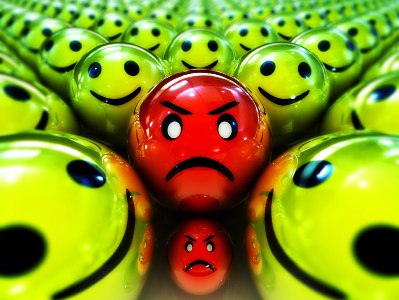 According to Choice Theory, all behaviour are our Total Behaviour. Our behaviour is designated by verbs named by the component that is most recognisable. Thus, Angering is the chosen Total Behaviour of acting our anger that we are trying to understand and manage here instead.
According to Choice Theory, all behaviour are our Total Behaviour. Our behaviour is designated by verbs named by the component that is most recognisable. Thus, Angering is the chosen Total Behaviour of acting our anger that we are trying to understand and manage here instead.
Angering is experienced more frequently than other emotions. It lasts longer than other emotional states, produces a strong tendency to approach the person or situation toward which your angering is directed, and includes an experience of greater power than do the other emotions.
Communication difficulties increase when one individual insists they are right and the other is wrong. Choice Theory teaches that the problem with which one struggles is usually not a simple issue of right versus wrong. Angering often leads to verbal and physical aggression and decreased problem solving while non-angering total behaviour leads to assertiveness and increased problem solving.
Through Reality Therapy, individuals would come to realise that it is how they choose their total behaviour regarding the person or event that leads to the choice to anger. They would also learn how to come together with others instead of driving them away, and increase the happiness in their life.
There are various forms of angering. Through the therapy sessions, you would learn alternate ways to cope and reduce frustration as well.
Source:
J. Thomas Bellows, Angering in the Family: Using Choice Theory to Stop Controlling with Anger. Lincoln: iUniverse, 2005.
